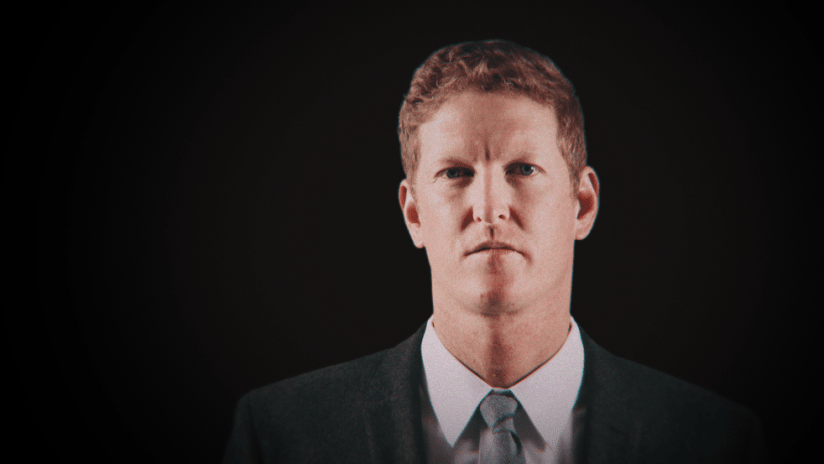Those who have watched European matches since play restarted following the coronavirus outbreak across the continent have likely seen the gestures in support of the Black Lives Matter movement, from players agreeing to take a knee before the opening whistle to English Premier League clubs even wearing the words "Black Lives Matter" in place of nameplates on the back of their jerseys.
In a weekly videoconference with reporters before traveling to Orlando for the MLS is Back Tournament, Philadelphia Union coach Jim Curtin said he believes there will be similar observances when his and other squads take the field again.
"I think each team will have their own way of doing something. I think the league will come up with something as well, similar to what you saw in England," Curtin said.
Later, he added: "I think our club will have some things in mind to do in terms of supporting Black Lives Matter as we go into Orlando and this tournament."
The movement returned to focus of news outlets everywhere beginning in late May, in the wake of protests surrounding the death of George Floyd at the hands of the Minneapolis Police Department.
While demonstrations were the public face of the movement, recent events also led to many family and workplace discussions about the impact of race and racial bias of all corners of the world. It was much the same at the Union, Curtin said.
"We had a good first step, which was a team discussion on racism, where players spoke up and talked about things that they've gone through in their lives, in soccer, some of the negative things that they've encountered with race," he said. "To be honest it was really eye-opening for a lot of players, especially maybe our younger guys who were hearing these things maybe for the first time. Everybody was open and everybody shared. I was really proud of their players and their approach to it.
"I said it from the start, it's not going to solve racism. But we need to have more of these conversations. They can be uncomfortable. But so what? We have to get past that. It's going to be uncomfortable for people to talk about, and it's certainly something that needs to not lose momentum now."














